Crafting Sustainable IT Policies: Recycling and Beyond
The COVID-19 pandemic has brought about changes in various fields, including the digital industry. The development of information and communication technology has accelerated the digitisation…

The COVID-19 pandemic has brought about changes in various fields, including the digital industry. The development of information and communication technology has accelerated the digitisation…
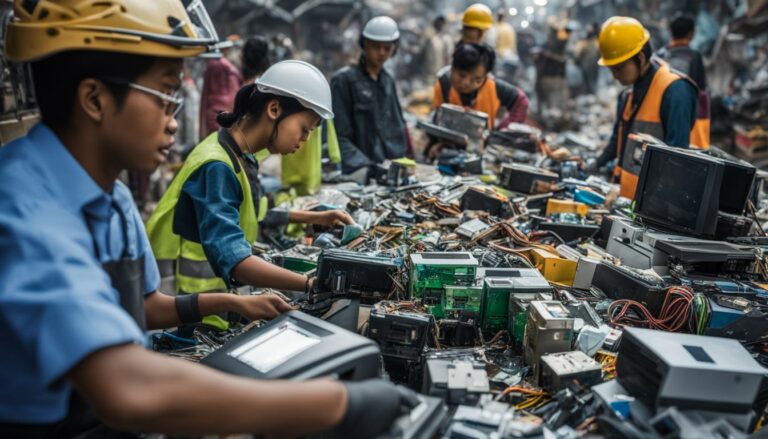
E-waste is a growing environmental and social concern, with the global generation expected to increase annually. Improper e-waste management leads to harmful effects on the…

Safe and sustainable disposal of End-of-Life (EOL) electronic waste is a major concern due to its hazardous and toxic constituents. Recycling and recovering valuable and…
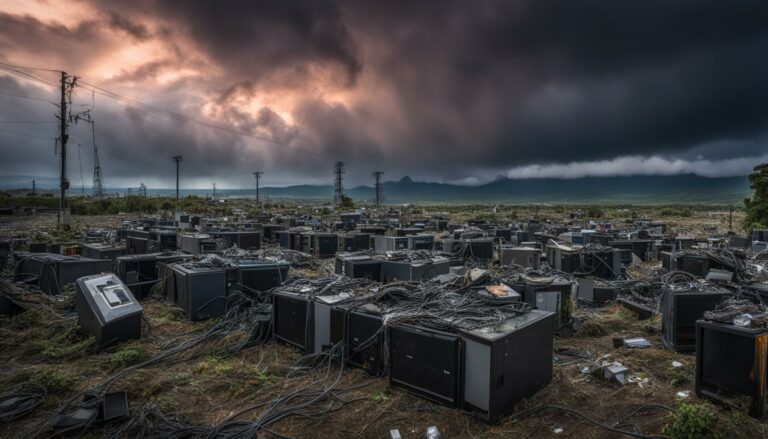
The world’s e-waste problem is growing at an alarming rate, with projections showing that global e-waste will nearly double by 2030. Less than 20% of…
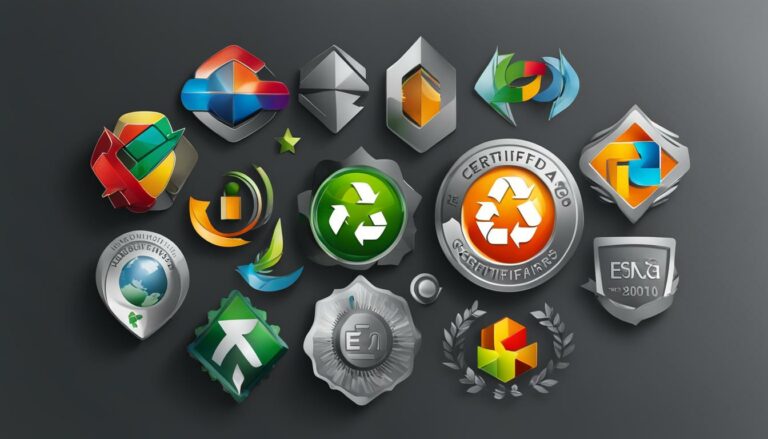
When choosing an IT recycling vendor to handle your end-of-life technology devices, it is important to consider their certifications. These certifications ensure responsible disposal, data…
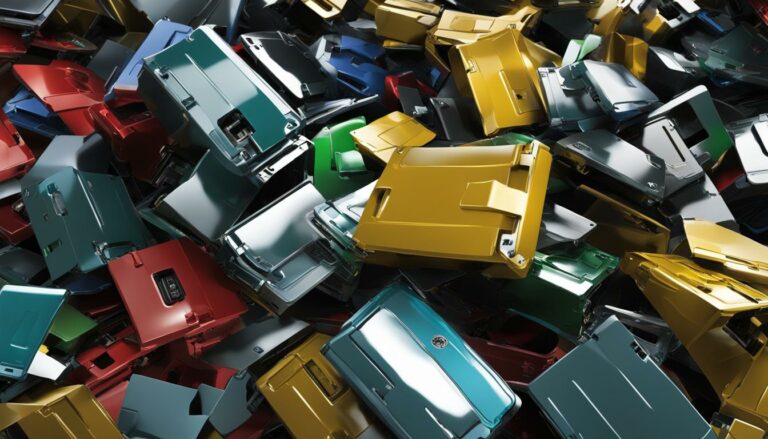
In today’s digital age, secure data destruction has become a crucial aspect of recycling electronic devices. As businesses and individuals upgrade their computer equipment, it…
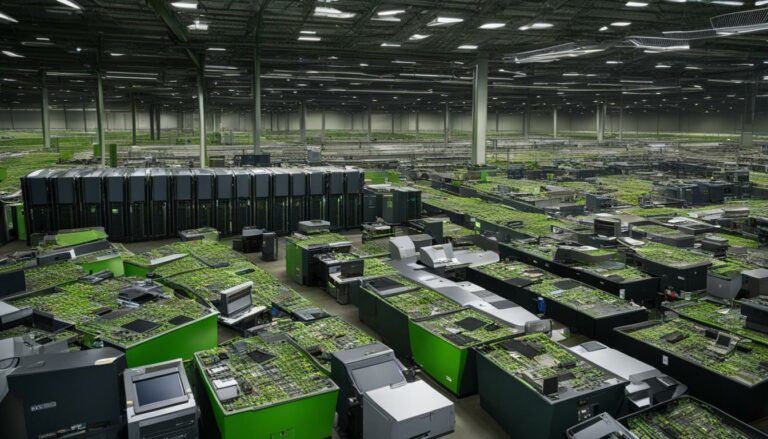
IT recycling encompasses a wide range of electronic waste disposal and technology recycling services. From old desktops to redundant data centres, responsible IT asset disposal…

Recycling and upcycling are two different approaches to managing IT equipment waste. Recycling involves breaking down the components of a product to be used as…
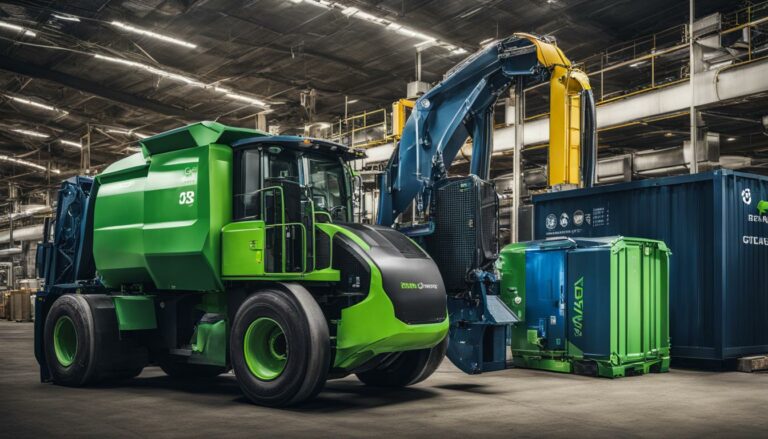
The IT Recycling industry plays a crucial role in electronic waste management and sustainable IT disposal. It is a growing sector that focuses on resource…

According to a survey by the Royal Society of Chemistry, there are 40 million unused gadgets in UK homes, with 45% of people hoarding up…

The utilization of plastic materials has led to significant plastic waste accumulation, with 86% of plastic ending up in landfills. The challenges in plastic recycling…

Growth in population and economy is closely linked to social and environmental issues. Businesses’ stakeholders are increasingly concerned about the emergency of society and the…
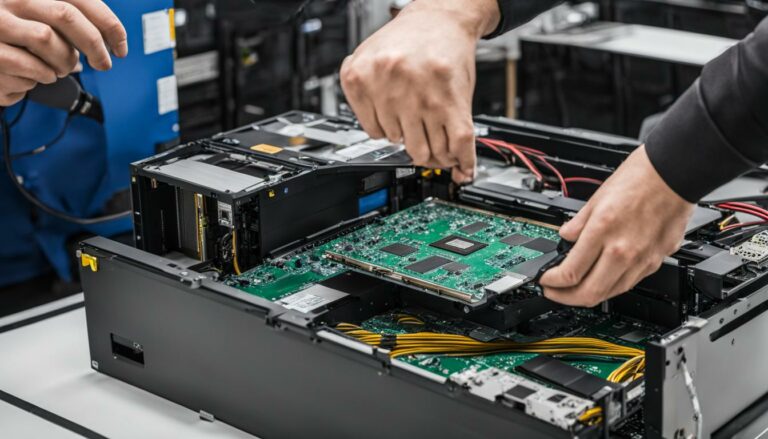
Server decommissioning is an essential process for organisations to responsibly dispose of servers and protect their data. Operators have several options when it comes to…

Zero waste is a process and a philosophy that involves redesigning products and consumption so that all material goods can be reused or recycled. It…
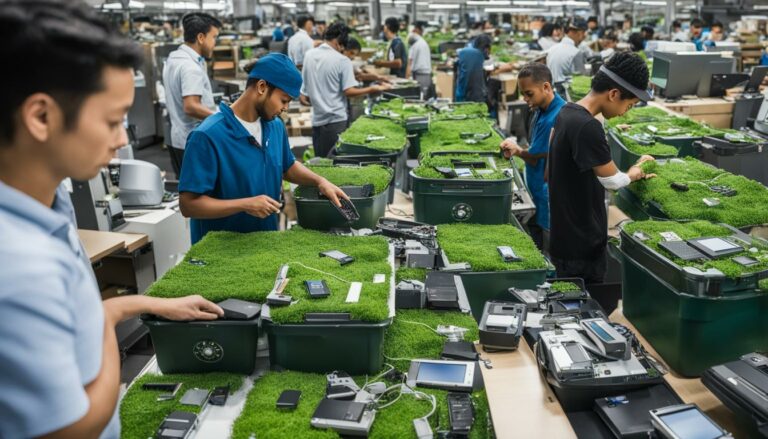
With the increasing awareness of the environmental impact of electronic waste, many entrepreneurs in the United Kingdom are building innovative businesses centred around IT recycling….
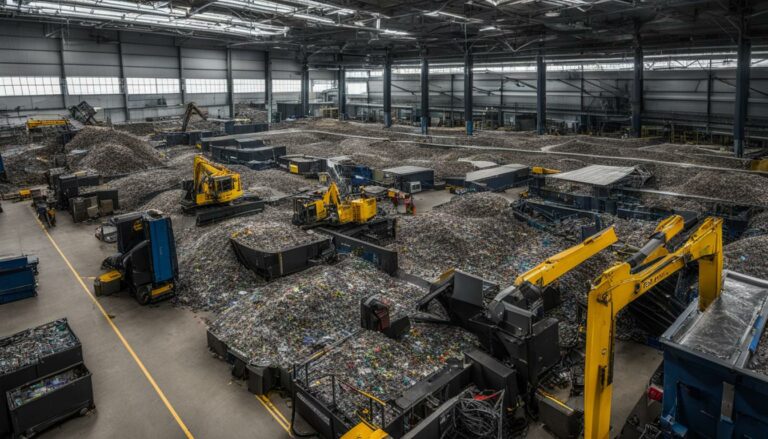
Recycling electronic waste, or e-waste, is a complex process that presents numerous challenges. One of the main obstacles is the sheer volume of e-waste being…

Recycling in schools can have a significant positive impact on the environment and on students’ learning experiences. According to Recycle Now, the average primary school…

Electronic waste, or e-waste, is the fastest growing form of domestic waste globally. In 2019, around 50 million metric tonnes of e-waste were produced, with…
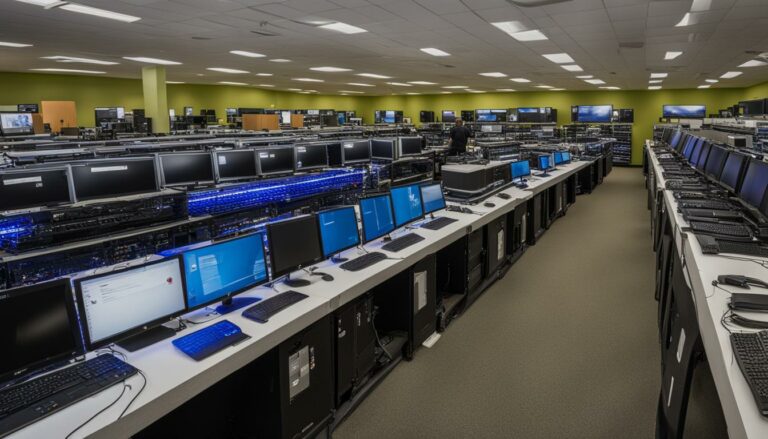
The demand for IT hardware is increasing as businesses rely more on technology. However, purchasing new equipment can be costly, making it difficult for many…
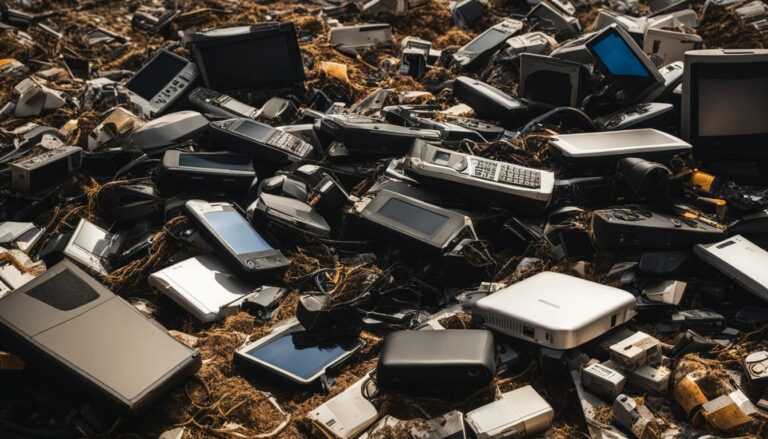
When it comes to electronic waste disposal, responsible recycling is crucial for the environment and sustainable resource management. The IT recycling process offers a step-by-step…

Do you have old electronic devices lying around your house? Instead of throwing them in the trash, consider recycling them at your local IT recycling…